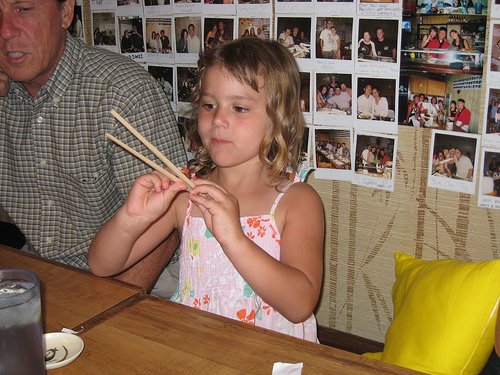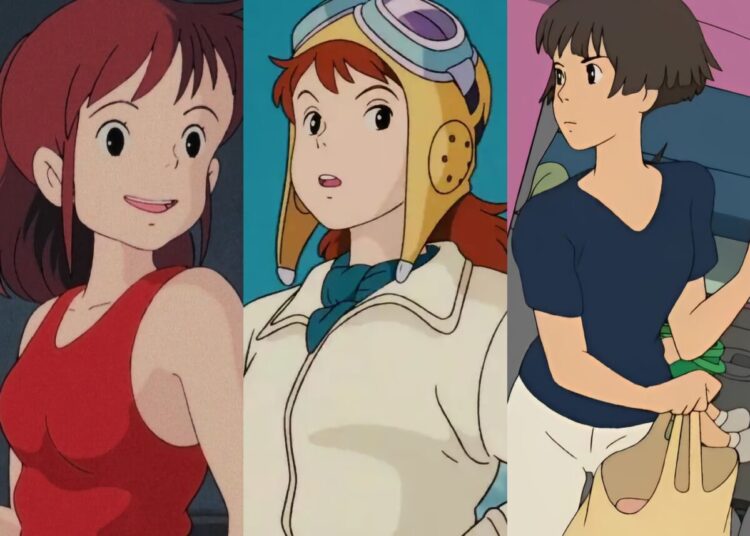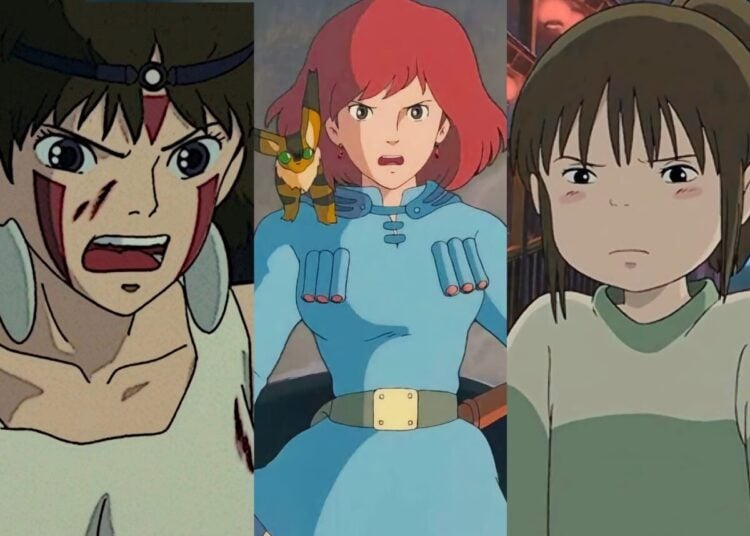I’ve written about how Japan’s society often seems to follow behind the U.S. in many areas, usually running about a decade or so behind. Well, spending time at home has shown me that America might be taking more than a few ideas from Japan, too. The other day one of the nice ladies in Costco offered me some Melon Mint gum — essentially, it was gum that tastes like cantaloupe and mint, which as far as I’m concerned is up there with the Japanese “salt n’ citrus” flavored popcorn we posted on Monday, or that wild “Let’s Order Some Bacon” artificial bacon-flavored snacks we sell, in terms of general strangeness. I think that weird company names are creeping into American life, too. The other day I saw a sign for a company called ToolUp!, a name that sounds about as odd to me as the Japanese used bookstore chain BookOff!, or their sister chain that sells various forms of computer, game console and other “hardware” called HardOff! It’s funny the way Japan and the rest of the world influence each other…
If there’s one thing that the Japanese tend to believe, it’s that their native language is the most difficult in the world, and this is quite a point of pride with them. Various reasons why Japanese is “harder” are cited, including the multiple writing systems used — the hiragana and katakana syllabaries, used to express Japanese and foreign-loan words; kanji from China, used to express complex concepts in writing; and the “unofficial” fourth writing system, the Roman alphabet. But another reason why Japanese can be considered more difficult is its famous vagueness. When my wife wants to know I’m ready to go to lunch, she comes into my office and asks Iku? which literally means “Go?” — parts of the sentence like who is going, where are they going, etc. are all omitted since they’re clear from the context. One phrase you’ll learn if you watch anime is suki desu (pronounced like “SKI-dess”) which literally means “like.” But who likes whom, or what? While it’s possible that this line could mean “that girl likes watermelon” if the speakers had been discussing that subject previously, the most common meaning is “I like you” (and since the real way to say “love” in Japanese is way too romantic for shy Japanese to ever use, the phrase essentially means “I love you”). But it’s not uncommon for a story to center around a character saying suki desu to the person they’re secretly in love with, and then suddenly adding a word that changes the object of their liking to something else, like suika (watermelon), creating drama between the characters about what the character really meant the first time. This vagueness of speech is one of the most subtle areas of learning Japanese, and I still have trouble following the flow of a conversation sometimes.
What color are your eyes? All Japanese people have brown eyes, although if you ever ask them what color their eyes are, they’ll tell you “black” (because the center of the eyes are indeed black). Japanese are often interested in the eyes of foreigners, since they come in different colors, something totally unknown in Japan (although they do have color contact lenses). When I tell Japanese that my eyes change color depending on what I’m wearing, ranging from green to hazel to blue, they usually don’t believe it’s possible, but it’s true, as far as I’ve always been able to verify. Once, I was asked by my former Spanish teacher, a Japanese woman who grew up in Peru, if I saw the world through a blue or green tint because of the color of my eyes. I filed this question under “weird things people have asked me in Japan,” alongside “how many guns did you own when you lived in America?”
I’ve made the hop from San Diego to Baltimore, getting ready for Otakon, which I’ll be attending. We’ll have lots of goodies for you, including our world-famous English-translated PC dating-sim games, so if you’ll be at the show we hope you’ll drop by booth 611 to say hi (we’ll also have at least one surprise for anyone who drops by). Otakon is one of our favorite conventions anywhere, a fantastic opportunity to experience the pure energy of anime fandom in today’s youth culture. If you miss me in the dealers’ room, I’ll be roaming the halls, just people-watching.
For the new update, we’ve got some excellent new and restocked products, including more “Sake Brand” items with authentic sake logos on them, cool business card holders with images of sakura on them, deluxe bento box sets, study items, various Tachikoma and Walkie Bits toys, Nausicaa and Totoro toys, anime figures like Koko Tsukishima from D.C. and Mitsuru Kijirou from the Personal3 RPG, and more. For our 18 plus customers, enjoy many new and restocked tiems too! Click here for our work-safe products, or click over to this page to see all products (including adult items).















